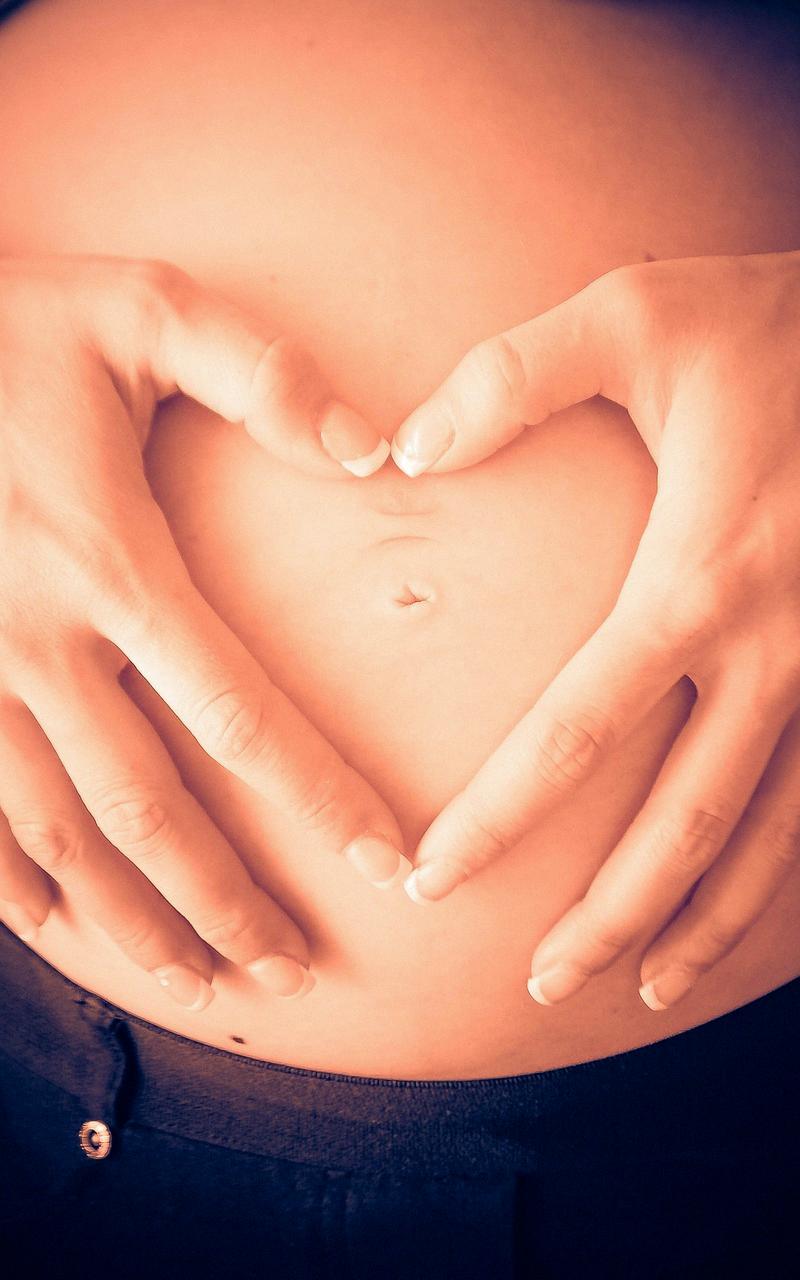When it comes to tubal pregnancy, also known as ectopic pregnancy, understanding the timeline of symptoms is crucial for early detection and medical intervention. This type of pregnancy occurs outside the uterus, commonly in the fallopian tubes, which can lead to serious complications if not addressed promptly.
One of the key signs to watch out for is irregular bleeding, which may manifest differently from a typical menstrual cycle. Women experiencing an ectopic pregnancy might observe spotting or bleeding that is lighter or heavier than usual for them. This irregular bleeding can be one of the initial indicators that something is amiss.
Another common symptom of tubal pregnancy is pelvic or abdominal pain, often concentrated on one side. This pain can vary in intensity and may be sharp, dull, constant, or intermittent. It is essential to note any unusual or persistent discomfort in the pelvic region, as it could be a signal of an ectopic pregnancy.
Symptoms of a tubal pregnancy typically start to appear around 6 to 8 weeks after the last normal menstrual period. This timeline aligns with the usual timeframe when early signs of pregnancy and related symptoms become noticeable. It is essential for individuals to be attuned to changes in their body during this period to catch any irregularities.
It is crucial to recognize that the timing of symptom onset may vary from person to person. While 6 to 8 weeks is a common timeframe, some individuals may experience symptoms earlier or later, depending on various factors such as hormonal fluctuations and the location of the ectopic pregnancy. Therefore, being vigilant about any unusual signs is paramount.
If you suspect you may be experiencing symptoms of a tubal pregnancy, it is advisable to seek medical attention promptly. Early detection and intervention can significantly impact the outcome of an ectopic pregnancy, ensuring the well-being of the individual and preventing potential complications.
In addition to irregular bleeding and pelvic or abdominal pain, other symptoms of a tubal pregnancy may include shoulder pain, dizziness, weakness, fainting, and gastrointestinal issues. These signs, when experienced in conjunction with one another, should raise concern and prompt a visit to a healthcare provider.
Understanding the timeline of tubal pregnancy symptoms can aid in differentiating them from regular pregnancy symptoms or other medical conditions. Since early detection is key in managing ectopic pregnancies effectively, being aware of the signs and seeking timely medical advice is critical for ensuring the best possible outcome.
It is essential to communicate openly with healthcare professionals about any concerns or symptoms you may be experiencing. Providing detailed information about the onset, duration, and characteristics of your symptoms can assist in accurate diagnosis and appropriate treatment planning for tubal pregnancies.
Remember that every individual’s body may respond differently, so trust your instincts if you feel that something is not right. Your health and well-being are paramount, and taking proactive steps to address potential issues early on can make a significant difference in your overall prognosis and recovery.
Ultimately, being informed about the signs and symptoms of tubal pregnancy empowers individuals to take control of their health and advocate for proper medical care. By staying vigilant, proactive, and observant of any changes in your body, you can better position yourself to address any potential concerns swiftly and effectively.
In conclusion, the onset of tubal pregnancy symptoms typically occurs 6 to 8 weeks after the last normal menstrual period, with irregular bleeding and pelvic or abdominal pain being primary indicators. If you suspect an ectopic pregnancy, do not hesitate to consult a healthcare provider for evaluation and guidance on the next steps.

